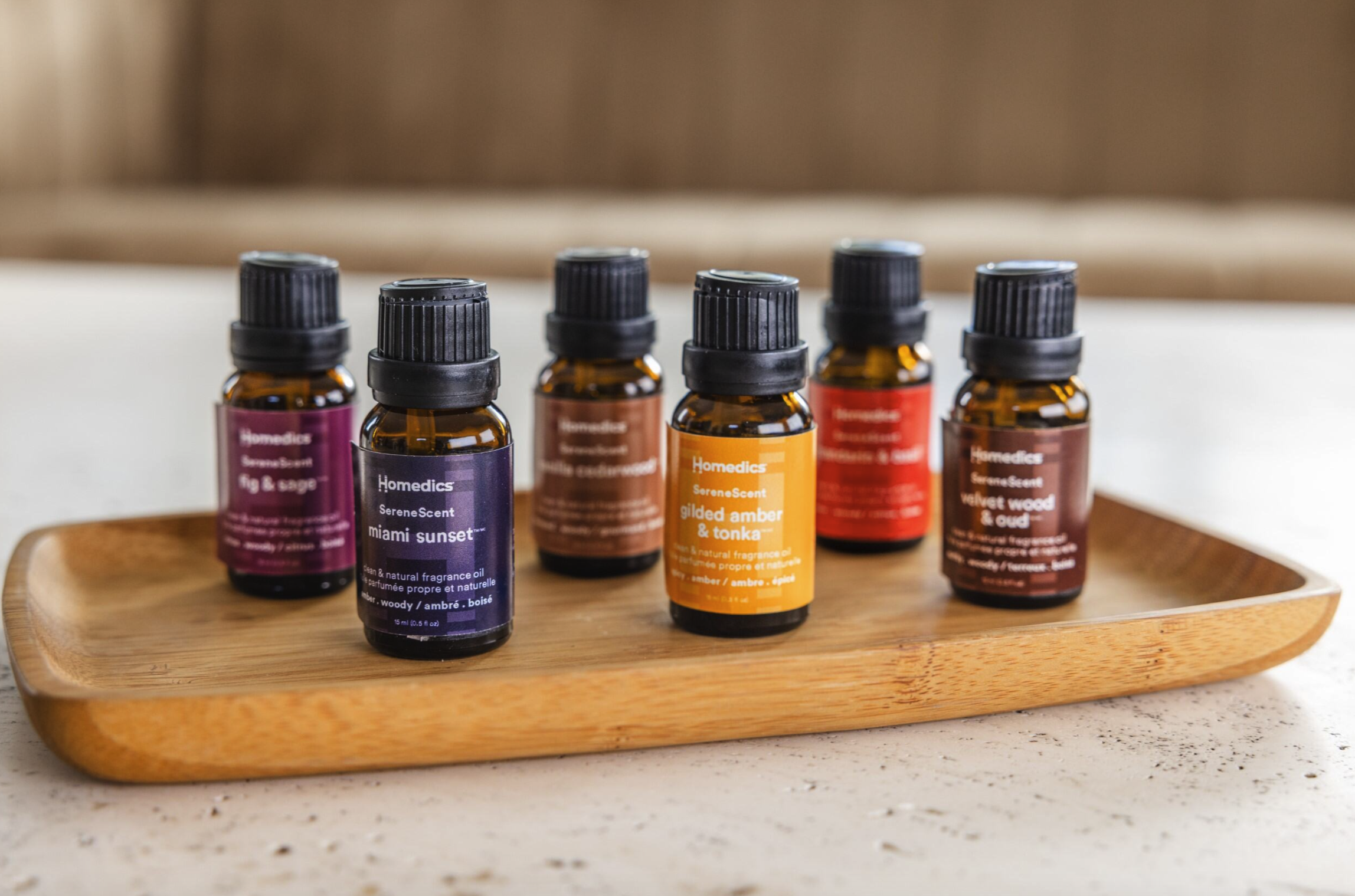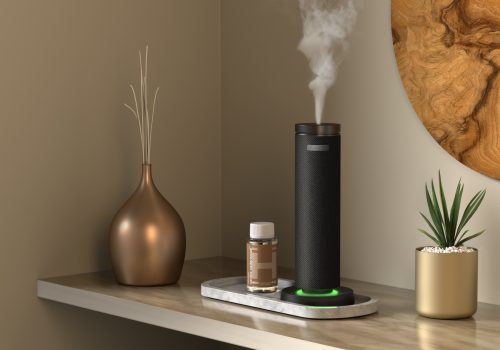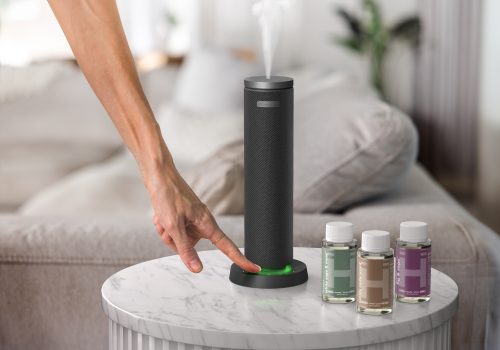Tips for Using Essential Oils Safely
Essential Oils Safety Tips: How to Use Them Safely and Effectively
Essential oils are a natural way to enhance your wellness routine, offering benefits like relaxation, better sleep, and improved focus. However, using essential oils safely is crucial to avoid potential risks like skin irritation or adverse reactions. Whether you’re a beginner or a seasoned user, these essential oils safety tips will help you maximize their benefits while staying safe.
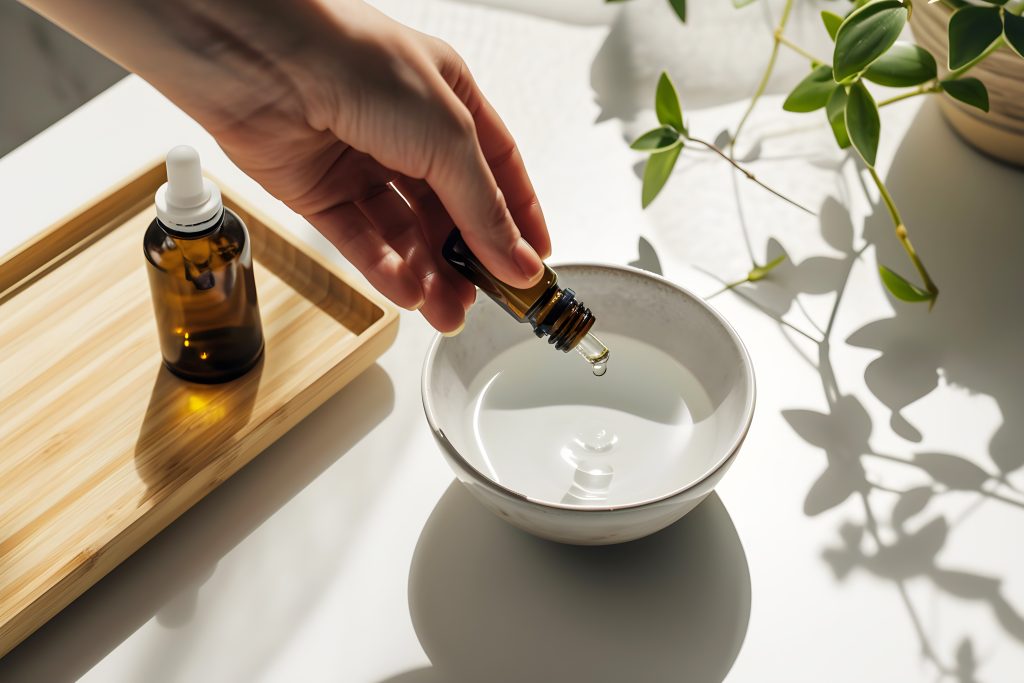
Diluting Essential Oils: The Key to Safety
One of the most important essential oils safety tips is proper dilution. Essential oils are highly concentrated and can irritate your skin if used undiluted. Always mix them with a carrier oil like coconut oil, jojoba oil, or almond oil before applying to your skin. A general rule is to use 1-2 drops of essential oil per teaspoon of carrier oil.
Learn more about essential oil dilution: Aromatherapy.com – Dilution Guidelines
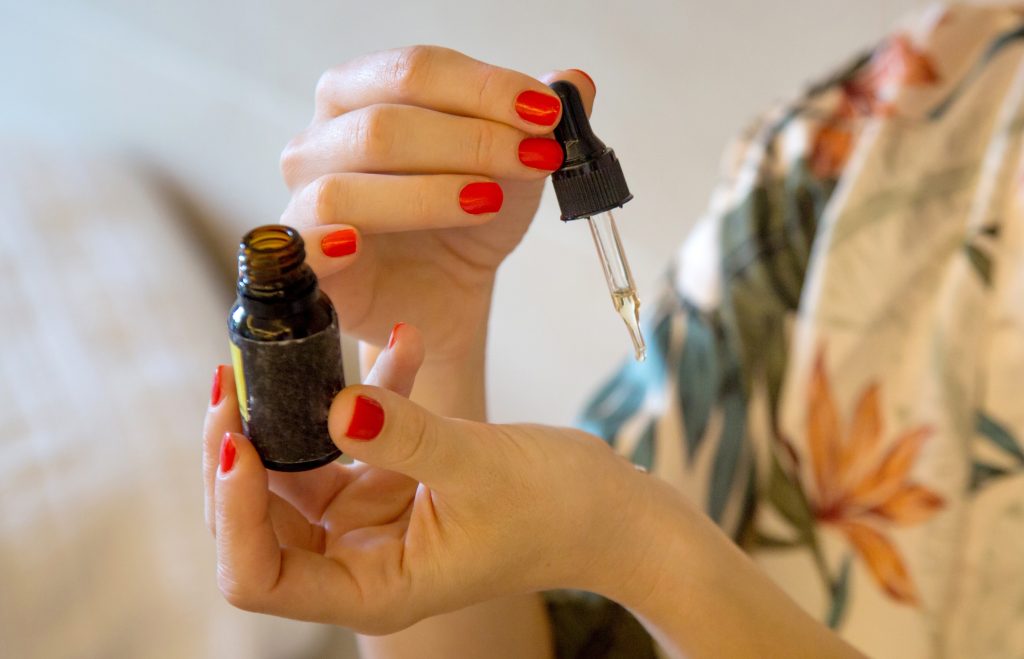
Patch Test for Skin Sensitivity
Before applying essential oils to your skin, do a patch test. Apply a small amount of diluted oil to your inner forearm and wait 24 hours to check for any reaction. This simple test ensures you avoid skin irritation or allergic reactions.
For more on patch testing, visit: American Academy of Dermatology – Patch Testing
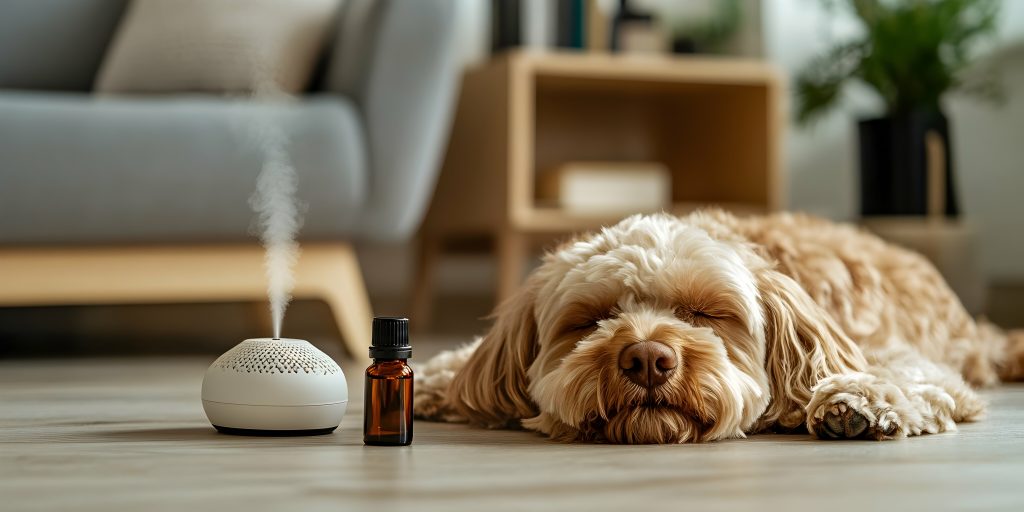
Use Essential Oils Around Pets with Caution
Certain essential oils can be toxic to pets. Avoid using oils like tea tree, eucalyptus, or citrus around your furry friends. Stick to safe essential oils for diffusers that are pet-friendly, and always diffuse in well-ventilated areas.
Check out pet-safe essential oils: ASPCA Animal Poison Control – Essential Oils and Pets
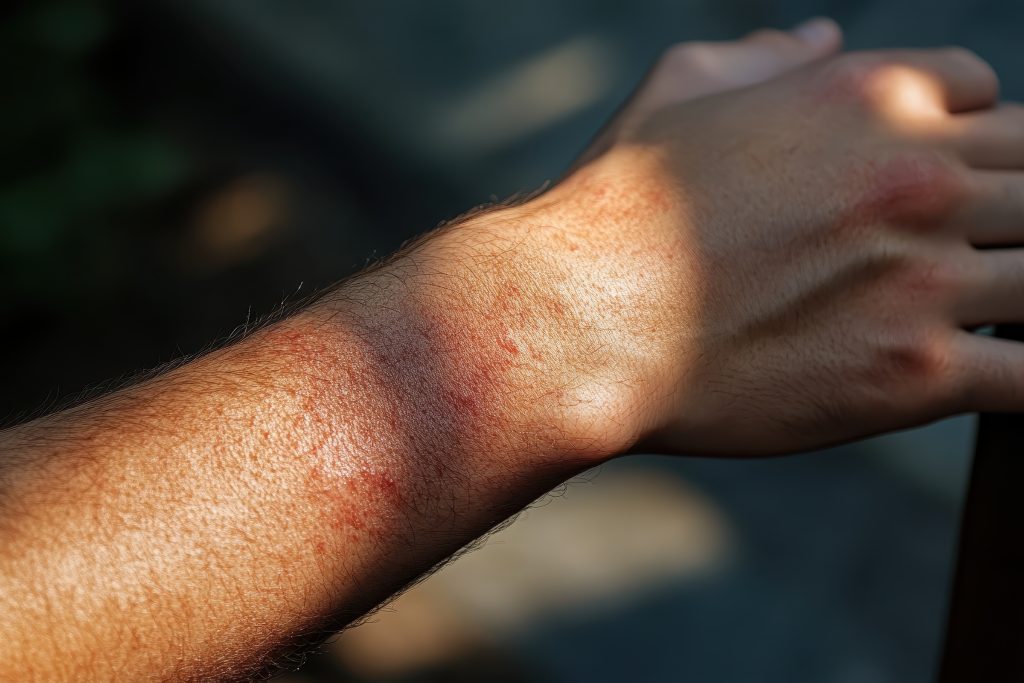
Sun Sensitivity and Essential Oils
Some essential oils, like citrus oils, can cause sun sensitivity or phototoxicity. Avoid applying these oils to your skin if you plan to spend time outdoors. Always read labels and use essential oils safely to protect yourself.
For more on phototoxicity, refer to: WebMD – Essential Oils and Sun Sensitivity
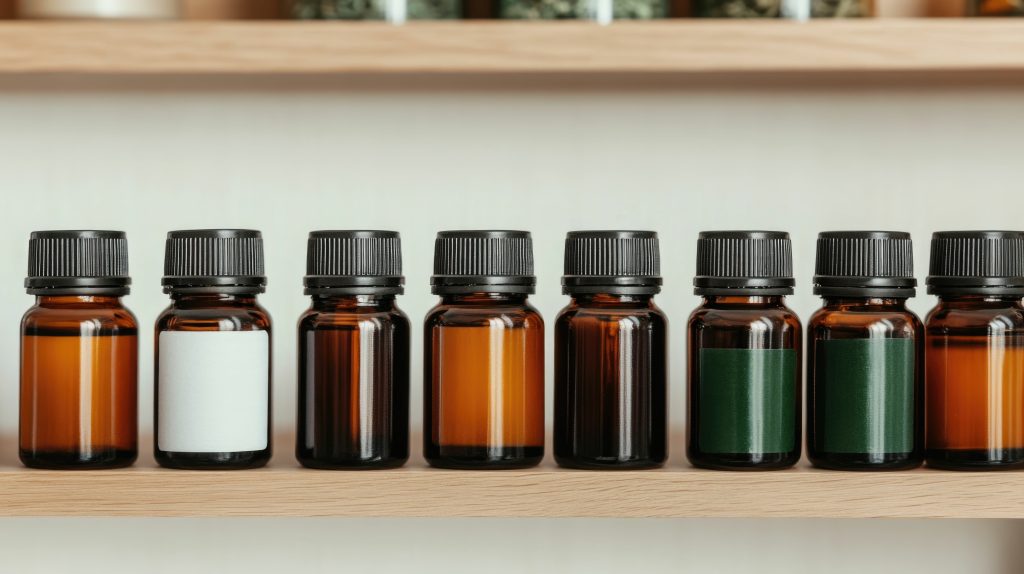
Proper Storage for Maximum Shelf Life
To maintain the quality of your essential oils, store them in dark, glass bottles away from heat and sunlight. This not only ensures their longevity but also prevents accidental ingestion by children or pets. Essential oils storage tips can make a big difference in keeping them effective and safe.
For storage tips, read: NAHA – Storing Essential Oils
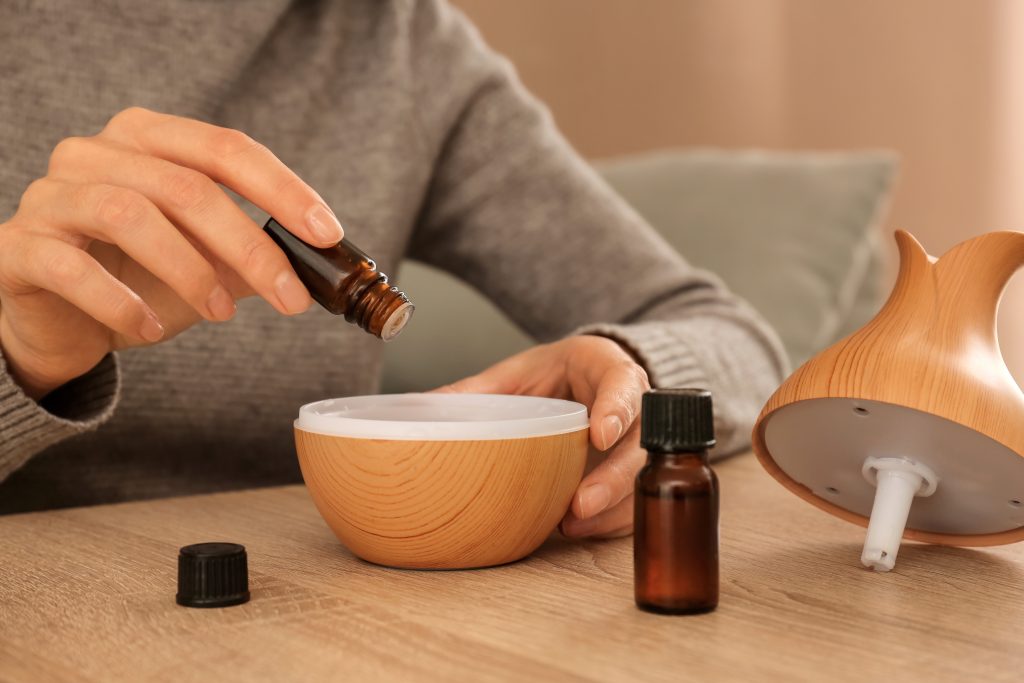
Safe Use in Diffusers
When using a diffuser, stick to a few drops of oil—less is more. Overloading the diffuser can overwhelm your senses or irritate your respiratory system. Always clean your diffuser regularly to avoid buildup and ensure safe essential oils for diffusers.
Explore safe diffusion practices: Homedics Diffusers
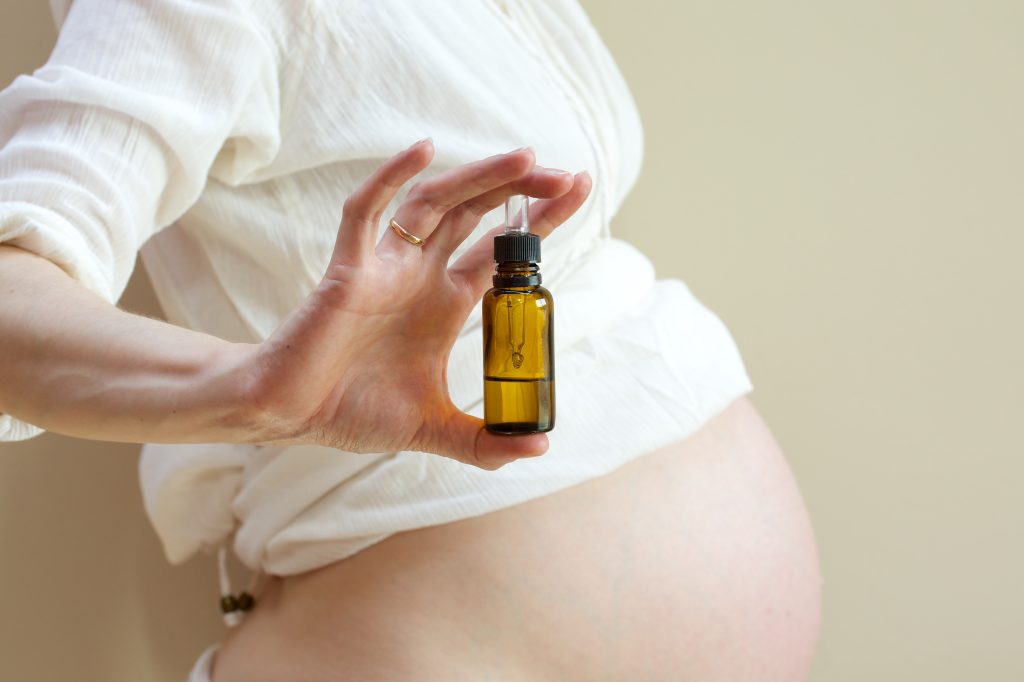
Essential Oils and Pregnancy
If you’re pregnant or nursing, consult a healthcare professional before using essential oils. Some oils may not be safe during pregnancy. Stick to safe essential oils, like lavender or chamomile, and avoid ingesting oils without proper guidance.
For pregnancy safety, visit: WebMD – Essential Oils and Pregnancy
Ingesting Essential Oils Safely
Can you ingest essential oils safely? Generally, ingesting oils should only be done under the supervision of a qualified professional. Most essential oils are not meant for internal use and can cause harm if misused.
Read more on ingesting essential oils: FDA – Essential Oils and Internal Use
Common Mistakes to Avoid
• Using undiluted oils on skin
• Applying oils near the eyes or sensitive areas
• Overusing oils in diffusers
• Ignoring warnings about sun sensitivity
• Failing to do a patch test for skin sensitivity
By adhering to these tips, you can safely incorporate essential oils into your daily routine, whether for relaxation, skincare, or home fragrance. Using essential oils safely ensures you get the most out of these powerful natural remedies.
Remember: When in doubt, consult a professional or refer to trusted resources for essential oils safety guidelines.

